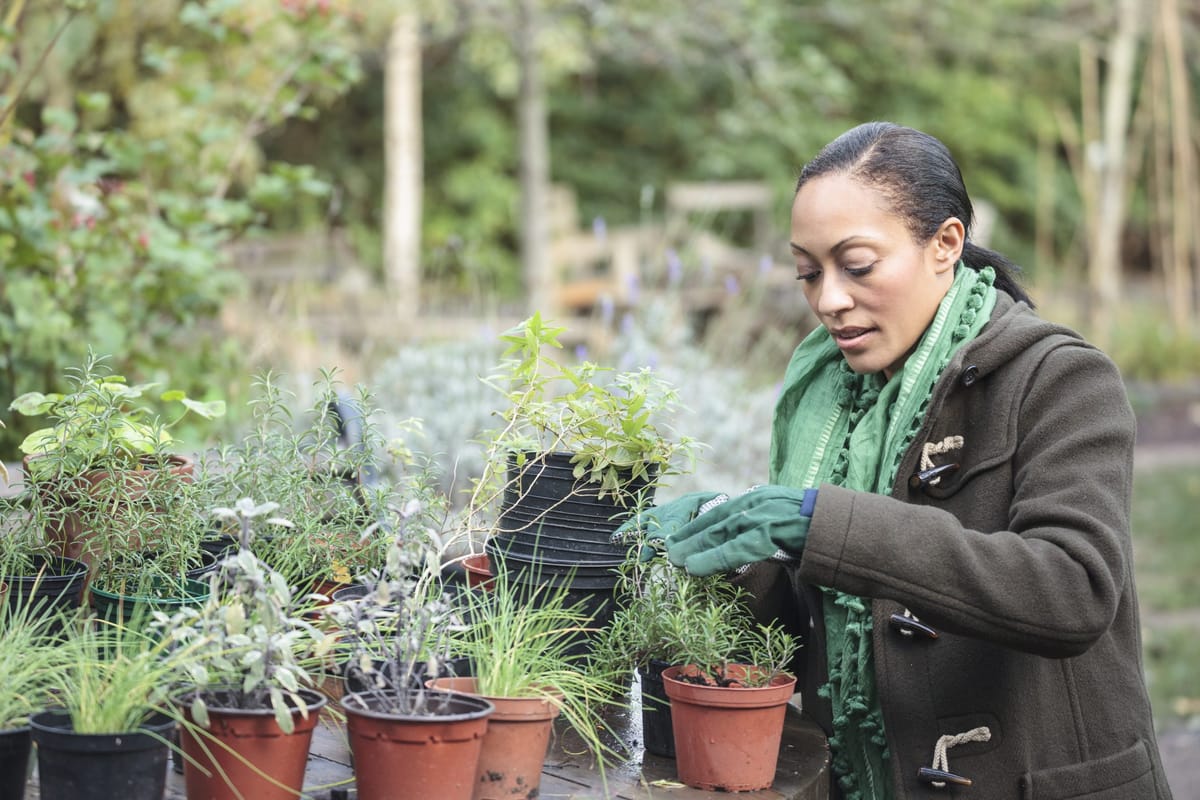Economic Development in Practice: Are you a planner, a gardener or a searcher?
Simon White | This article describes local economic planners, gardeners and searchers.

Successful economic development practice comes from adopting the right approach at the right time. It is important to understand the differing roles that practitioners can play when supporting growth and development.
Are you are an economic planner, gardener or searcher?
Economic development is a complex, multifaceted process. There is no solver bullet.
While it is important avoid oversimplifying the approach governments take to developing the economy, often these activities fall into a few broad camps.
First, there are the planners: this is a very common approach, focussing on the coordination of the key ingredients to economic growth. Economic planners ensure all the necessary inputs are provided for growth: typically land, labour and infrastructure. They design a vision for the economy and coordinate the required inputs for growth.
Second, there are the gardeners: economic gardeners focus on how inputs are used to generate growth. On their own, inputs are not enough; they need to be used in a way that only the entrepreneur knows. Local entrepreneurs and existing businesses are the primary actors in this approach. They create growth through their ability to identify and organise resources toward a commercial opportunity. Gardeners nurture and grow local businesses rather than hunting for ‘big game’ from outside.
Third, are the searchers: searchers look for practical solutions to problems. Governments with an interest in economic development can be searchers who, by trial and error, find solutions to the economy’s problems. They can also support the activity of searching and encourage pragmatic responses by other actors to economic challenges.
Economic planners
Economic plans are very useful. They present a vision for the future and help government and other actors coordinate and align their inputs toward shared goals. Plans help governments to prioritise their budgets and other resources and provide a framework to monitor how they are progressing.
However, economic planners face many problems. The most important being, can we really plan for economic growth? Do good plans create economic growth?
There are many kinds of plans that affect the economy. For example, local planning schemes play an important role in managing land use and providing infrastructure. State and local economic development plans can also focus on strategic industry sectors and coordinate skills development and information flows.
While plans can help create the conditions for growth and development, they do not guarantee it. Governments prepare and use plans, but markets are typically not determined by a plan. Thus, a good economic development plan needs to realise its limitations and provide scope for allowing market actors to act.
Economic plans are often needs based. While they identify strengths and opportunities, they often focus on gaps in the economy and how these can be filled. Too often, this leads to plans that focus on business attraction or the applying outside solutions to local problems.
Successful economic development practice needs to go beyond planning and consider other dimensions.
Economic gardeners
Economic gardening places entrepreneurs at the centre of the development process. It focusses on local entrepreneurs who create the firms that bring new wealth and economic growth to an area in the form of jobs, increased revenues and a vibrant local business sector.
In the late 1980s, economic gardening was seen as an alternative to ‘traditional’ economic development strategies because it focused on local business, rather than large industries. In response to an economic downturn in Colorado, USA, in 1987, Philip Burgess from the Centre for the New West was quoted as saying:
‘We have all these economic development agencies running around hunting for businesses. They really should just stay at home and work with local entrepreneurs. They should get out of the economic hunting business and into the economic gardening business.’
Quick to point out that economic gardening is ‘not business assistance’, one of the founders of the concept, Christian Gibbons, saysgardening is about a long term strategy in which public agencies use information, infrastructure and connections. Gardeners use research and sophisticated business intelligence tools and databases that growth-oriented firms either aren’t aware of or cannot afford.
While there can be different target groups for economic gardening, Tim Mazzarol and his colleagues suggest that gardeners focus on established, locally embedded, growth oriented firms. In the USA, the National Centre for Economic Gardeningfocus on ‘second-stage companies’: growth-oriented companies thathave moved beyond the start-up phase.
Economic gardeners promotepublic-private partnerships, industry cluster development and strategic networking. Governments play an active gardening role, strategically using information and knowledge to facilitate business growth.
Economic searchers
The term ‘searching’ is borrowed from William Easterly, a former World Bank economist who focuses mostly on global development. His famous 2006 article, Planners versus Searchers in Foreign Aid, argues that foreign-aid is driven by top-down planners who come up with multiple development goals–think the Millennium Development Goals and their current iteration, the Sustainable Development Goals–which, he says, creates ‘one of the worst incentive systems invented since mankind started walking upright’ (p. 30). Planners are rewarded by internal bureaucratic incentives that are not connected to the real economy.
Instead of planners, says Easterly, we need searchers––people who look for opportunity to solve the development problems at hand. Searchers‘explore solutions by trial and error, have a way to get feedback on the ones that work, and then expand the ones that work… in an unplanned, spontaneous way’ (pp 1-2).
Searchers can be entrepreneurs. In this sense, they fall within the gardening approach to economic development. Economic gardeners nurture entrepreneurial searchers who are looking for new commercial opportunities, investing in these and creating the jobs and services that drive the economy.
But, the concept of the searcher goes beyond the individual entrepreneur. It includes groups of entrepreneurs and businesspeople who are working in industry groups and clusters, as well as community groups and civic organisations working in partnership with business and government. Social and public sector searchers are social innovators, applying new ways of doing things, new ways of working, creating newer, better products and services. Indeed, ‘bottom-up searchers can emerge in unlikely places’ (Easterly, p. 16).
Searching is a ‘cup-half-full’ activity. Rather than focussing on deficits and needs––as planners often do––searchers scan for what is working and amplify it. Searching doesn’t require a plan. It is a constant process of scanning, identifying, testing, learning, and scaling-up.
The ‘right’ approach to your economy
There is no simple answer to successful economic development practice. Success comes from understanding your economy and finding solutions to its specific opportunities, constraints and problems.
None of the roles described above a sufficient on their own. Your success in this field will come from adopting the right approach at the right time.


